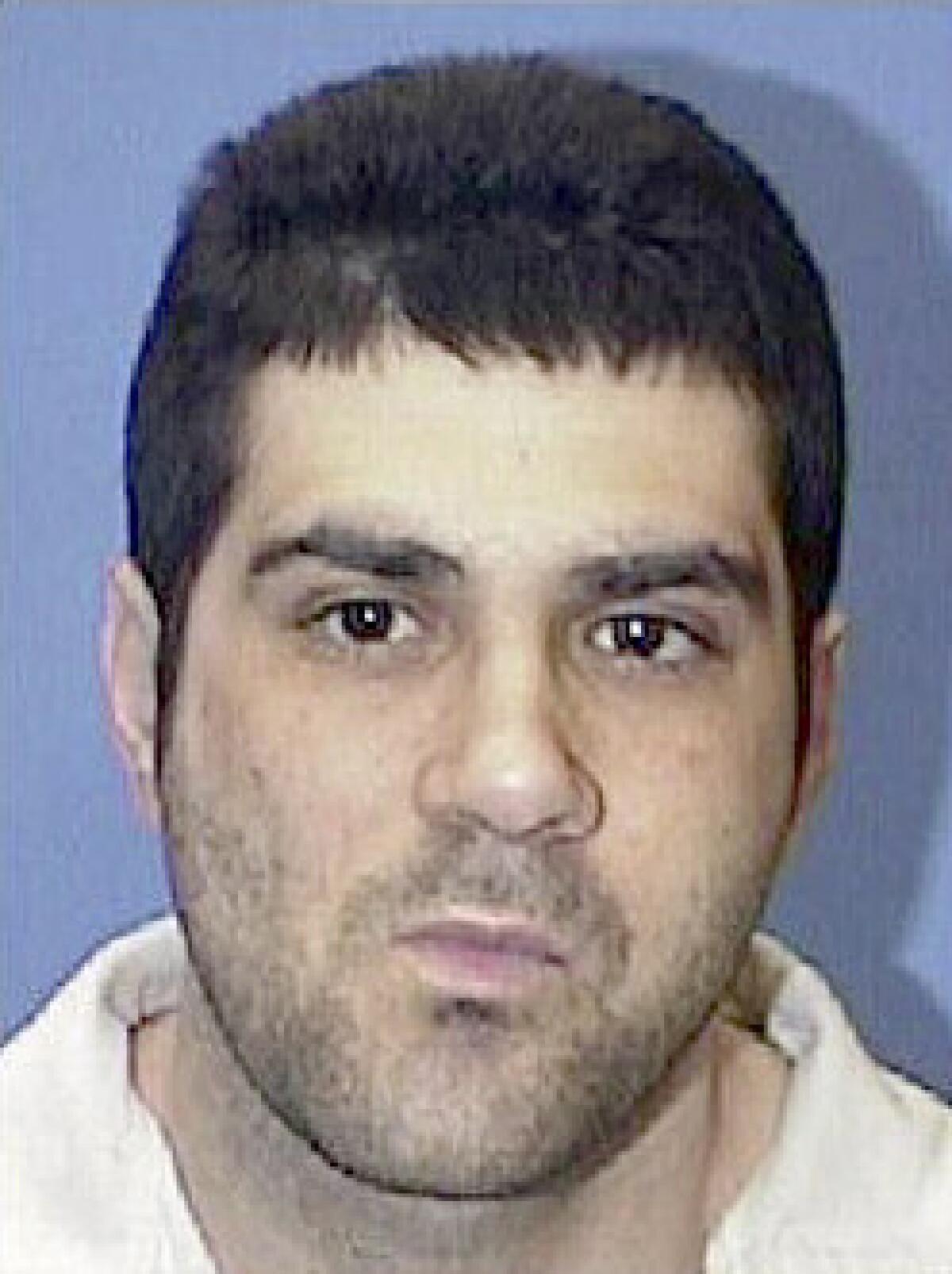More evidence of a fatally flawed judicial system in Texas

- Share via
Can a piece of paper be a smoking gun?
A decade ago, the state of Texas executed Cameron Todd Willingham after a trial in which an arson investigation and a jailhouse snitch named Johnny Webb seemed to prove Willingham had set a 1991 house fire, killing his three children.
Yet even before the trial began, doubts surfaced about the veracity of the arson report, which ultimately was discredited as abjectly incompetent. As for the witness Webb, the prosecutor at the time, John Jackson, insisted he had made no deal in return for Webb’s testimony, the kind of detail jurors need to know to weigh the veracity of a witness. In this case, Webb testified that Willingham, who maintained his innocence throughout, had confessed the crime to him in a jailhouse conversation.
It turns out Jackson may have lied about not having struck a deal with his witness. As The Times reported last week, the Innocence Project has unearthed a case file notation (Exhibit ZZ in this court filing) that suggests there had been a deal. The handwritten notation reads: “April says this was to be incl. offense of robbery 2nd — based on coop in Willingham.” Webb’s attorney was named April Silkes, and the reference is to a lower-level robbery charge against Webb than what he had been initially charged with. The now-retired Jackson, who went on to a career as a Texas judge, has been mum since the file surfaced.
Lacking an innocent explanation, the memo is damning. And it highlights a persistent, and fatal, flaw in the death penalty system: Its imperfections are many, it is too easily gamed and there’s no recovery from error.
The Webb notation surfaced as part of an effort by Willingham’s family to get a posthumous pardon, and it would seem an act of willful blindness to not see a case here of miscarried justice. And to not see that Texas killed a prisoner who in all probability was innocent.
The Times has editorialized about this before, noting that Texas likely executed at least one other innocent man, Carlos DeLuna, who was convicted in the 1989 fatal knifing of Wanda Lopez despite evidence and an admission of guilt by another man (the case was dissected in a 2012 issue of the Columbia Human Rights Law Review).
This is unacceptable. Yet we keep hearing about such cases. Since 1989, when DNA exonerations began, more than 600 people convicted of homicide have been found to have been wrongly convicted, and more than 100 of them had received death sentences, according to the National Registry of Exonerations maintained by the University of Michigan Law School and the Center on Wrongful Convictions at Northwestern University School of Law. Last year in Texas alone, three convicted murderers were exonerated.
Supreme Court Justice Antonin Scalia, among others, has been blind to this issue, stating a few years ago that he was unaware of “a single case” in which an innocent person was executed. The Willingham case, one hopes, will give him pause.
Some will argue that these exonerations are proof the system works because the innocent were eventually freed. No. The Willingham case is unusual in that activists tend to stop seeking the truth once a death row inmate is dead, focusing their energies instead on those still alive. So yes, the system might work for the living. It’s too late for the dead.
Willingham’s family has stood out in their quest for justice. We should insist on it too, and abolish the death penalty.
ALSO:
Putin plays with fire in Ukraine
It’s the U.S.-Mexico border, not the Wild West
Water conservation’s other benefit: It’s a power saver
Follow Scott Martelle on Twitter @smartelle
More to Read
A cure for the common opinion
Get thought-provoking perspectives with our weekly newsletter.
You may occasionally receive promotional content from the Los Angeles Times.







